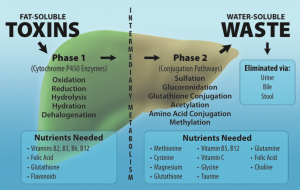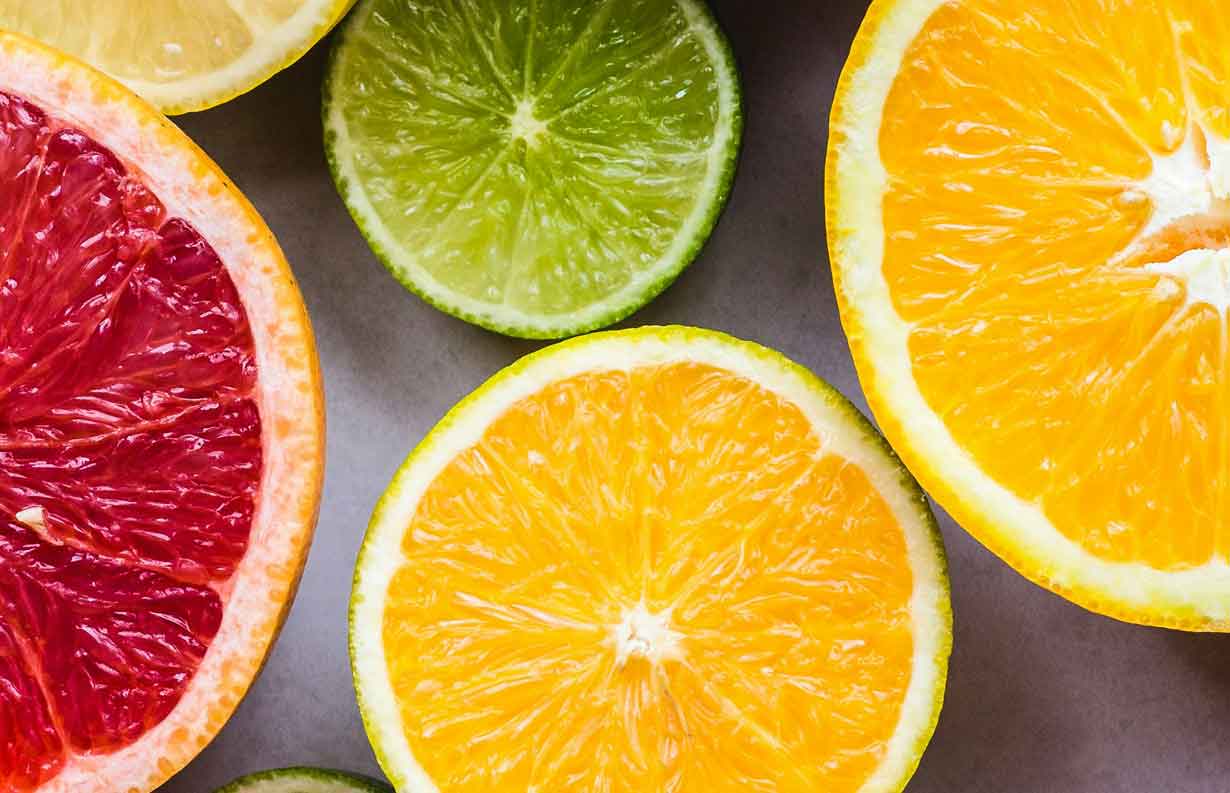Liver health
Many of us might think about alcohol, poor diet and lifestyle, medication as ways our liver might get sick, but how many of us think about Stress being a factor? especially when we know that when we are stressed and under pressure, we tend to make less healthy choices? So, what diet and lifestyle factors stress out our liver?
Alcohol
Some of you might be doing Dry January? reducing alcohol intake and giving your liver a break from it is a great idea. Try to have at least 3-4 days without alcohol every week and preferable these days should be back to back to really give your liver a little holiday!
Additionally, alcohol is destructive on the gut as it encourages the growth of less friendly species of bacteria such as Candida albicans which loves the sugar, it can cause inflammation and of course adds huge burden to the liver which has to filter all the blood that comes directly from the gut! Did you know that your liver is the largest organ in the body and filters 1.7litres of blood every minute!! Wow! that is incredible when you consider that is the recommended water intake we should be aiming for over a whole day!
The liver is more than just a filter!
Your liver receives this “loaded” blood from the gut via the Hepatic portal vein, and then processes, filters and detoxifies, breaking it down into forms that can either be re-utilised as the building blocks for new hormones, neurotransmitters, blood cells etc., and what is left enters the detoxification pathways to be eliminated as waste (basically in your wee and poo!). This is why drinking plenty of water to help flush those toxins and waste products through is so important! Additionally, eating a healthy diet that is rich in fresh vegetables, fruit and wholegrain, which are a great source of fibre that adds bulk to stools, aiding elimination.
The liver has two main detoxification pathways to do all of this, which relate to two steps called; Phase I and Phase II which work to firstly make the waste water soluble so that it can enter the kidneys to be processed and eliminated as urine or in bile which is squirted into your gut and eliminated in your stool.
The diagram below is very complex, well, the liver does a really complex job every second of every day. This diagram is the tip of the iceberg as far as what the liver does for you such as make hormones, store B vitamins, create and store energy, but it does explain a little more visually about these detoxification pathways.

The ways our body detoxifies
There are also other ways our body can “detoxify” us from our waste products: you can see that exercise, hydration and eating a healthy diet will all be helpful to these processes…
- Skin – sweat
- Breath – C20
- Kidneys – urine
- Gastrointestinal tract – faeces
But, is stress making your liver sick?
We know that stress is recognised as a risk factor for cardiovascular and metabolic disease as a cascade of biological and behavioural reactions occur which stimulates our Sympathetic nervous system increasing cortisol and other pro-inflammatory chemical messengers.
Increased stress may also lead to us making unhealthy choices increasing our likelihood of choosing fatty/sugary foods for comfort or alcohol/smoking which are all associated with fatty liver.
A few studies have evaluated the association between biological markers of stress, such as cortisol and heart rate variability, with liver disease and recognise an increase in fatty liver and other markers of decreased health.
When we are under stress our liver produces extra glucose as our “perceived danger/threat” alerts our sympathetic nervous system that we may need a shot of sugar/energy, to help us get out of danger. The longterm effects of stress can result in an increase in fatty liver tissue which is known as non-alcoholic fatty liver disease or NAFLD for short.
Recognising when you are stressed is the first step, only then can you deal with it. Ask yourself, what do you do to reduce stress? To learn about my SMART goals to getting new, healthy habits in your life, and some of Dr Rangan Chatterjee’s tips, read my blog; “Have you fallen off the healthy wagon yet?”
There are many ways we can all reduce stress levels and each of us are likely to enjoy similar methods such as excercise, walking in nature, yoga, reading, meditation, how do you reduce your stress levels?
Turmeric
The health benefits of turmeric are extensive. It contains powerful anti-inflammatory compound called Curcumin which has a lot of science to back up its efficacy for use in inflammatory conditions such as arthritis and is also very helpful for supporting the liver which is why it is in my liver detox broth recipe. Recent studies show promise for reducing liver damage and improvements in cases of non-alcoholic fatty liver disease after supplementing with Curcumin.
Healthy eating
Implementing healthy habits to reduce stress levels along with healthy eating is really important for helping support your liver to clear out toxins and waste.
Your liver is an incredible organ, it is perfectly designed to help detoxify you but you can support it to do its job even better! My one-day liver detox plan is easy, tasty (I promise!), and its just one-day or you can use it 2-3 times weekly for weight loss support. I designed it to include specific nutrients that your liver loves to super-charge detoxification pathways helping you to eliminate toxins, excess hormones (excellent for hormone balance!) and you may even lose a pound or two! It is so gentle you can implement the plan weekly whenever you feel you need to clean-up your health. Benefits after completing my one-day liver detox plan is; brighter eyes, clearer skin, more energy, less sluggish, weight loss, hormone balance to name just some.
Three things you can do right now to de-stress your liver
- You can also download my FREE love your liver guide in 3 simple steps.
- Get my one-day liver detox plan which comes with recipes
- Join my Eat Better Feel Better programme to get on track with your healthier eating today
If you would like to work with me on a one to one basis so that I can give you specific, tailored nutrition advice to suit your needs and health goals, get in touch and book your FREE DISCOVERY CALL today.

